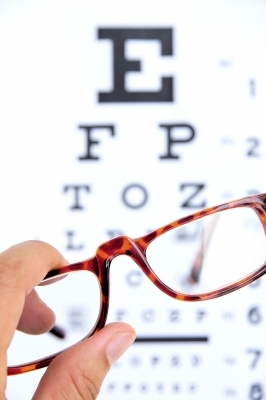
In North America there are several regulatory jurisdictions whose requirements include minimum medical fitness requirements for forklift operators. Typically, these requirements focus on:
- Minimum eyesight requirements with a provision that states operator wear corrective lenses (glasses or contact lenses) as required/applicable while operating.
- As in the case of eyesight, if the operator requires a hearing aid to hear warning signals, etc., it must be worn while operating.
- The ability to distinguish color, if it is required on the job.
- The ability to move all body parts freely with the strength, agility and endurance to meet the demands of the job.
I will not go into detail on the politics that requirements such as these can involve but I will discuss how they affect us as trainers. In a nutshell, a trainee’s medical fitness is not something that can be competently evaluated by a trainer. Assessing the physical, non-operational capabilities of trainees is a highly specialized task requiring knowledge and skills associated more with medical training than anything the average forklift trainer could count among his or her qualifications.
So, where does that leave us trainers when we have a trainee with an obvious physical impediment? In my opinion, it leaves us exactly where we have always been – in charge of assessing a trainee’s operational competencies as per our qualifications. If an operator trainee comes to me with an eye-patch and a limp it is of no concern to me unless any of these conditions cause an observable impediment that affects their ability to operate the equipment safely. In other words, if a trainee comes to me with an arthritic neck I am going to proceed with him or her just like I would with any other trainee. In fact, I have to. I cannot arbitrarily reject anyone for training and/or evaluation because of a perceived or observed disability, it is discriminatory and illegal. However, it is highly unlikely that a trainee with an arthritic neck will successfully complete the program and become qualified, because they would be unable to turn their head to check rear clearance before reversing, which is something I absolutely must see consistently before qualifying a trainee as an operator.
A trainee’s medical fitness is none of my business and beyond my capabilities to assess. When a trainee shows up to my training program I assume that their employer has done their due diligence and ensured they are physically fit with respect to the job. From that point on, any conclusions I draw are based solely on performance based evaluations. If the person with the eye patch and the limp can show me what I need to see then they become qualified. It’s as simple as that.
Rob Vetter
Director of Training
IVES Training Group
Did you enjoy this article? Sign up for our newsletter to receive more like this!